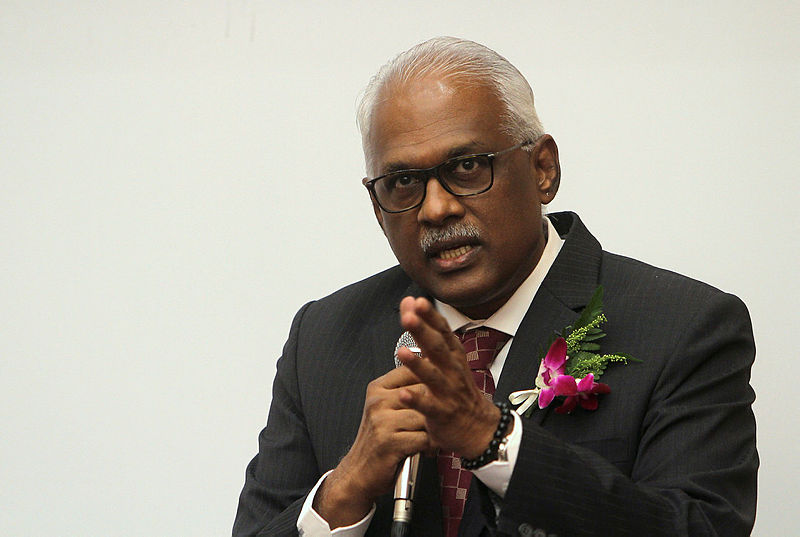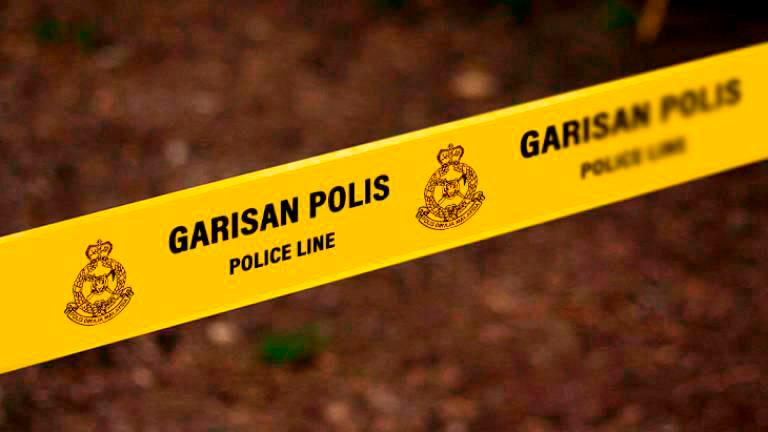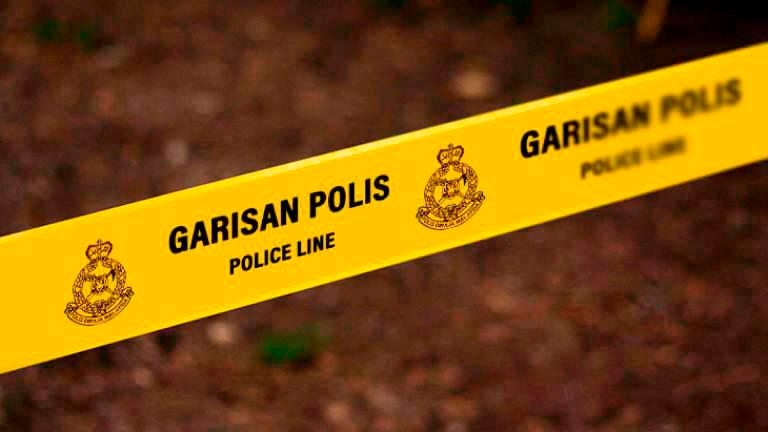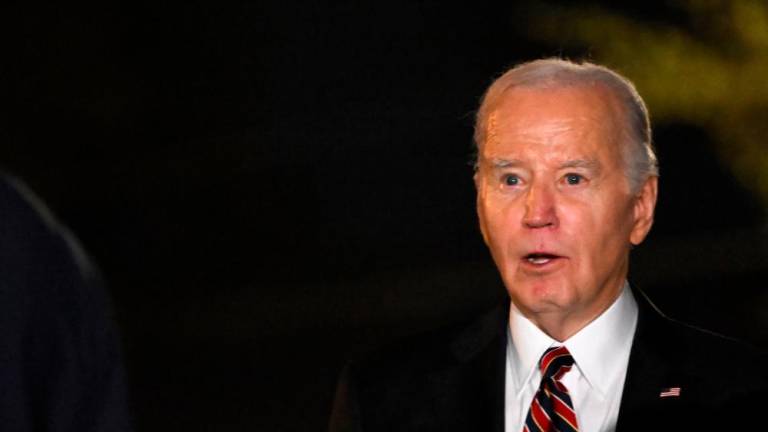PETALING JAYA: On a day when two Malaysian cities purportedly earned the dubious honour of having the worst air quality in the world, a member of Parliament has put forth a suggestion that could help prosecute parties contributing to the haze.
As three Malaysian companies have been accused of contributing to the forest fires in Indonesia, Klang MP Charles Santiago (pix) has suggested that Malaysia introduce the Transboundary Haze Pollution Act 2014 that Singapore has enacted.
He said the law allows Singapore regulators to prosecute Singapore-registered companies or individuals based in the island state that cause pollution in other countries, with a fine of SG$100,000 (RM417,960) for each day of such offences.
Santiago said three Malaysian and one Singapore company have been identified as being responsible for open burning in Indonesia and are being investigated by Indonesian authorities.
He said both small-time farmers and larger companies are involved in the open burning. However, it is easier to identify the larger companies than tracking down the many farmers involved.
“Asean has failed in a lot of other things but the haze tops it all,” Santiago said.
“Every year, we have haze affecting us and why do we need to go through this just because someone wants to cut costs in their production? What Malaysia needs is a law such as the (one) Singapore has enacted.”
On open burning in Johan Setia, Selangor, he said the problem lies with the type of soil in the area.
“Peat soil (can catch fire) during dry weather and it burns (underground). It would take very heavy rain to put out the fire. I have raised this with the Selangor government to find a solution,” he added.
Meanwhile, real-time based figures released by the US Air Quality Index (AQI) yesterday showed Kuching had the worst air quality in the world at a “very unhealthy” 234 reading.
Air quality for Kuala Lumpur was ranked third worst, with a reading of 148. For Asean countries, Hanoi, the capital city of Vietnam, was ranked fourth (159) followed by Singapore (126).
The report was released by Air Visual IQAir, a Swiss and US-based company that specialises in technology solutions that help protect people from airborne pollutants.
AQI collects data from a network of ground-based sensors worldwide. It said all data points are validated using artificial intelligence and machine learning.
An API reading of between 0 and 50 is good, 51 to 100 is moderate, 101 to 200 is unhealthy, 201 to 300 is very unhealthy and 301 and above is deemed hazardous.
Malaysian Meteorological Department director-general Jailan Simon declined to comment on Air Visual IQAir’s report.
However, he said cloud seeding operations would be carried out until the situation improves.
He said cloud seeding operations yesterday were successfully conducted by the National Disaster Management Agency and the Royal Malaysian Air Force in several areas in Selangor, Negri Sembilan and Malacca.
“Rainfall was reported in Cheras, Bangsar, Petaling, Kuala Selangor, Hulu Langat, Klang, Gombak, Seremban, Tampin, Jelebu, Alor Gajah and Jasin although not as much as expected,” he said.













